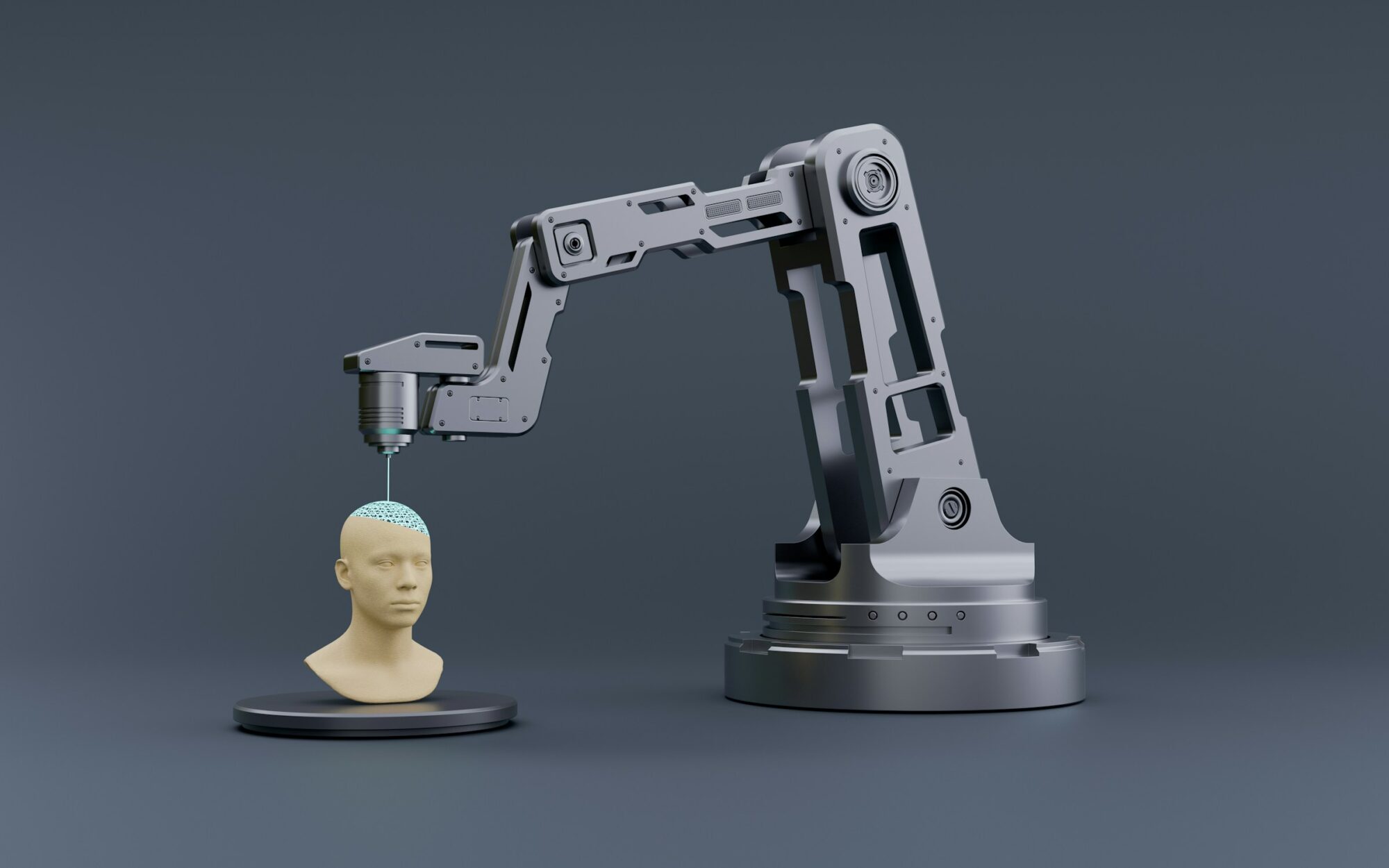In today’s hyper-competitive, digitally driven world, businesses must constantly evolve to stay ahead. Enterprise Resource Planning (ERP) systems have long played a central role in helping organizations manage and integrate critical business functions—from finance and procurement to human resources and logistics. However, with the advent of AI automation, ERP systems are undergoing a profound transformation, empowering a new breed of digital workers that operate with speed, precision, and autonomy. This paradigm shift is not just about doing things faster—it’s about reimagining what’s possible.
The Evolution from Traditional ERP to Intelligent Automation
ERP systems emerged in the 1990s as integrated software platforms designed to streamline business processes across departments. While they offered unprecedented visibility and control, traditional ERP solutions required substantial manual input and were limited by rigid workflows.
The introduction of AI automation into ERP platforms represents a fundamental evolution. By embedding artificial intelligence, machine learning, and data orchestration capabilities into ERP systems, organizations can now deploy autonomous AI agents that think, learn, and act—often without human intervention. These AI-driven agents, sometimes called “digital workers,” are capable of performing tasks such as decision-making, anomaly detection, data reconciliation, and process optimization around the clock.
Core Capabilities of AI-Driven Digital Workers
AI-powered digital workers embedded in ERP systems bring a range of transformative capabilities:
1. End-to-End Process Automation
AI agents can manage entire workflows that span across multiple departments and software applications. For instance, an order-to-cash process that traditionally required manual invoice generation, payment matching, and approval routing can now be managed autonomously.
2. Context-Aware Decision-Making
Unlike basic RPA (Robotic Process Automation), AI automation systems understand the business context. Using AI tools such as natural language processing and graph neural networks, these systems analyze structured and unstructured data in real-time to make informed decisions.
3. Predictive Analytics and Forecasting
AI automation enables predictive insights, allowing digital workers to forecast inventory needs, financial outcomes, and customer demand. This not only improves accuracy but also helps businesses become proactive rather than reactive.
4. Self-Learning and Optimization
One of the most powerful aspects of AI automation in ERP is self-learning. AI agents use feedback loops and performance metrics to fine-tune their actions over time, continuously improving outcomes with minimal human oversight.
5. Scalability and Consistency
Unlike human employees, digital workers can be scaled instantly to handle volume spikes and maintain consistent quality, 24/7. This is particularly valuable in industries like e-commerce, manufacturing, and logistics, where peak seasons demand elasticity.
Real-World Applications Across Industries
Several industries are already reaping the benefits of AI automation within ERP systems:
- Retail: Automated demand forecasting and replenishment help avoid stockouts and overstocking.
- Manufacturing: AI tools analyze production data to predict machine failures and optimize maintenance schedules.
- Finance: Digital agents automate financial close processes, reconcile bank statements, and monitor compliance.
- Healthcare: AI-driven ERP systems streamline patient billing, supply chain operations, and regulatory reporting.
In each case, AI agents not only increase operational efficiency but also free human employees to focus on strategic initiatives and innovation.
The Role of AI Tools in Empowering Digital Workers
The power behind this new digital workforce lies in sophisticated AI tools that can handle data ingestion, pattern recognition, and predictive modeling. These tools work in conjunction with traditional ERP modules to deliver intelligent insights and autonomous execution.
For example, knowledge graphs help AI agents understand complex relationships between customers, products, and suppliers. Machine learning algorithms enhance financial forecasting and fraud detection. Meanwhile, natural language processing allows agents to interpret unstructured data, such as customer service emails or social media feedback, and take appropriate action.
Moreover, AI tools provide the transparency and traceability needed for governance. Every action taken by an AI agent can be audited, and its decision logic can be explained—crucial in regulated industries like finance, healthcare, and government.
Addressing Challenges and Concerns
Despite the promise, integrating AI automation into ERP systems is not without challenges. Data silos, legacy infrastructure, and resistance to change can impede adoption. Additionally, questions around job displacement and ethical AI must be addressed.
However, organizations that approach this transition with a thoughtful change management strategy, clear governance policies, and a focus on upskilling human employees can turn these challenges into opportunities. Rather than replacing human workers, AI automation enables them to perform higher-value tasks such as analysis, strategy, and relationship-building.
The Future of ERP with AI Automation
Looking ahead, AI automation will become the standard for ERP systems rather than an optional enhancement. Gartner predicts that by 2026, over 80% of organizations will have integrated some form of AI into their ERP strategy. We are also likely to see further advances in intelligent agents capable of emotional intelligence, adaptive learning, and cross-functional coordination.
Another key trend is the rise of low-code and no-code platforms that allow business users—not just IT professionals—to configure and deploy AI tools within ERP environments. This democratization of automation will accelerate adoption and empower teams across all business units.
Conclusion
AI automation in ERP is not just an upgrade—it’s a reinvention of how businesses operate. By enabling intelligent, autonomous AI agents, organizations can unlock new levels of efficiency, agility, and innovation. Powered by advanced AI tools, these digital agents redefine what’s possible in enterprise operations, delivering a future where technology doesn’t just support human work—it amplifies it.
As organizations continue to explore this transformation, the winners will be those that embrace the opportunity to rethink workflows, empower their people, and build a workforce where humans and AI agents work side by side to create lasting value.



































